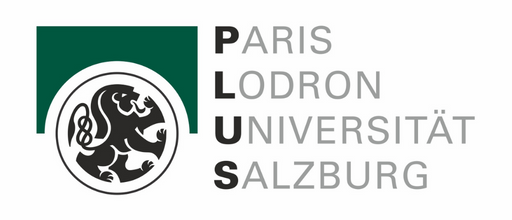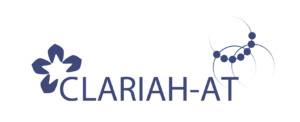The Paris Lodron University Salzburg PLUS comprises six faculties with 34 departments and around 90 degree programmes in digital and analytical, natural and life sciences, social sciences, cultural studies, theology, law and economics. Almost 18,000 students complete bachelor’s, master’s and doctoral studies here.
Founded in 1622 by Prince Archbishop Paris Lodron and rebuilt in 1962, the PLUS is today the largest educational institution in Salzburg.
The particular strength of the History Department at PLUS is its wide range of content and methods: from the Middle Ages to the latest contemporary history, from regional to global history.
The department promotes academic exchange through international cooperation and projects, and seeks contact with urban society and the historically interested public through regional cooperation (including with museums and archives).
At the Department of German Studies at the University of Salzburg everything revolves around German language, literature and culture from its beginnings in the early Middle Ages to the immediate present.
Various degree programmes offer a broad education in literature and linguistics and allow individual specialisations.
In addition to the Bachelor’s and Master’s degree programmes in German Studies and the teacher training programme for the teaching of German, students can choose the Master’s degree programme in Literature and Cultural Studies or Linguistics, which, in cooperation with other departments, allows for comparative specialisations.
The Interdisciplinary Centre for the Middle Ages and Early Modern Period (IZMF) sees itself as a centre for interdisciplinary research and teaching on the Middle Ages and Early Modern Period at the University of Salzburg. It is conceived as an interfaculty institution with the task of networking all activities related to the Middle Ages in research and teaching and thereby achieving the highest possible synergy and innovation effects. The core objective is to work on the Middle Ages as a complex research subject with all its historical and cultural-historical phenomena through the cooperation of various medievalist disciplines in research and teaching.

Interdisziplinäres Zentrum für Mittelalter und Frühneuzeit
Erzabt-Klotz-Straße 1,
5020 Salzburg
https://www.plus.ac.at/izmf-interdisziplinaeres-zentrum-fuer-mittelalter-und-fruehneuzeit/
The Middle High German Conceptual Database (MHDBDB) provides access to the most important works of Middle High German poetry from a wide variety of perspectives via an extremely versatile search functionality.
The user can not only search for words, character strings and terms from various sources, but also evaluate just about any linguistic or semantic question to the text base.
The two most important modules of the MHDBDB are the word index with terms and the text search for citations.
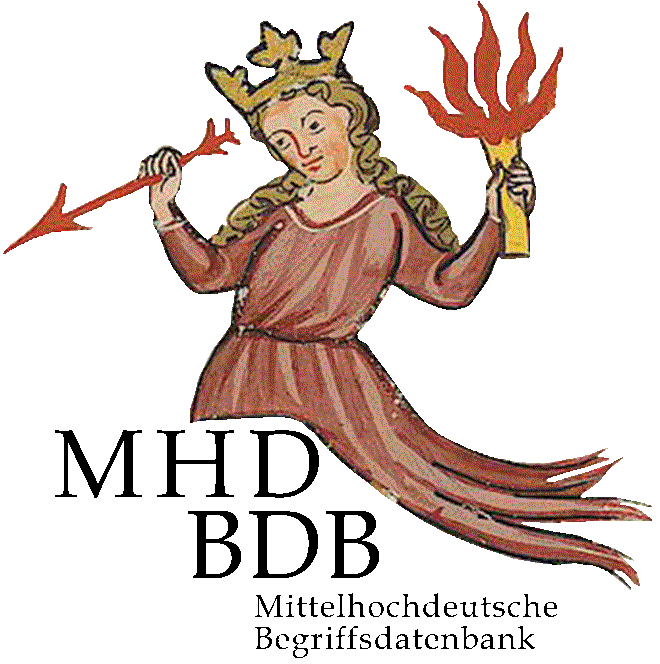
Mitteldeutsche Begriffsdatenbank,
Erzabt Klotz Strasse
5020 Salzburg
http://mhdbdb.sbg.ac.at/
The Institute for Medieval and Early Modern Material Culture (IMAREAL) is a cultural studies research institute of the University of Salzburg located in Krems / Danube. The participating scholars focus their research on topics of material culture and take a historical perspective (12th-17th centuries) on the manifold interrelations between people and the material world.
With this profile, IMAREAL has been the only academic institution of its kind since its foundation in 1969. Since 2012, the University of Salzburg has been the sponsor of the institute, which is additionally supported by basic funding from the province of Lower Austria and the city of Krems.

Institut für Realienkunde des Mittelalters und der frühen Neuzeit,
Körnermarkt 13,
3500 Krems an der Donau
Home
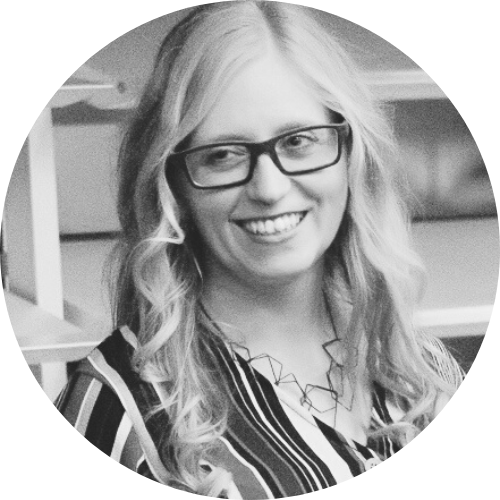
Katharina Zeppezauer-Wachauer is a senior scientist at the University of Salzburg and coordinator of the Mittelhochdeutsche Begriffsdatenbank (MHDBDB). She pays special attention to the transfer of the data stored there into up-to-date standards and making it available as Linked Open Data (LOD).
Her Digital Humanities research focuses include: Digital sustainability, FAIR data principles, LOD, Semantic Web, ontologies and controlled vocabularies, as well as collaborative systems.
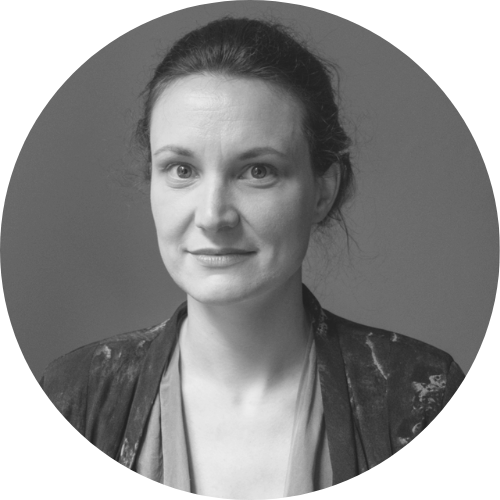
Lina Maria Zangerl is a senior scientist at the Literaturarchiv Salzburg, a research centre of the university, province and city of Salzburg.
There she is responsible, among other things, for the implementation of digitisation projects and is working on stefanzweig.digital, a virtual reconstruction of Stefan Zweig’s posthumous papers.
Other areas of her work include digital sustainability, personal digital archiving and library data in Digital Humanities projects.
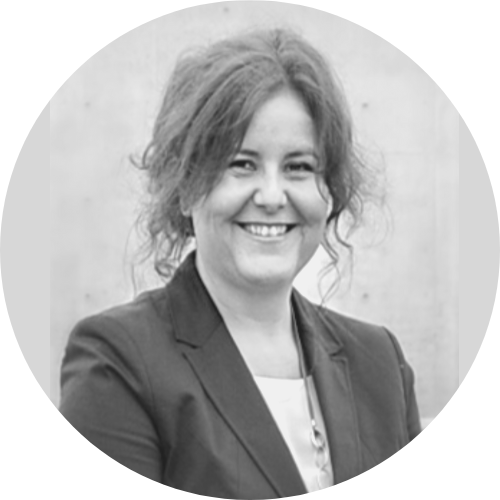
Christina Antenhofer is a university professor of medieval history at Paris Lodron University Salzburg and head of the Interdisciplinary Centre for the Middle Ages and Early Modern Period. Her interests in the context of Digital Humanities lie in the field of Digital History, especially digital data acquisition, transcription and annotation, digital edition as well as Digital Cultural Heritage and Virtual Museum.
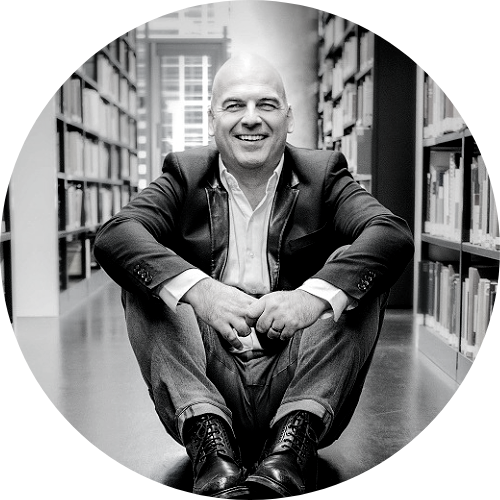
Christoph Kühberger is a university professor for history and political didactics at the Department of History at Paris Lodron University Salzburg. His interest in teaching history and politics in the context of digital humanities concerns formal and informal learning, such as with computer games or learning apps. Above all, he also tries to document the effect of digital interventions on historical and political thinking by means of empirical research.
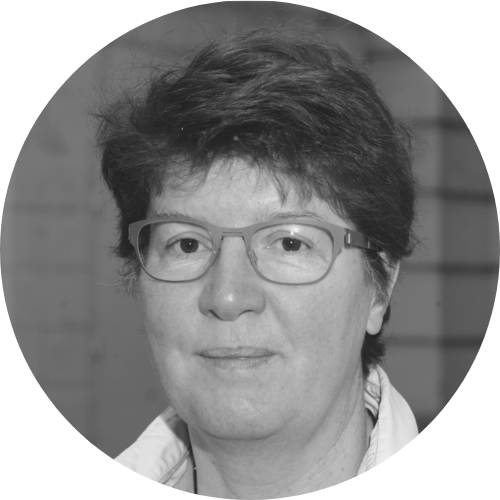
Ingrid Matschinegg is a Senior Scientist at the Institute of Medieval and Early Modern Material Culture where she works on the development and implementation of various Digital Humanities projects. Her main research focus is on the digital indexing of text and image sources, as well as on the development of digital tools for computer-assisted analysis. She also covers these areas in university teaching at the University of Salzburg.
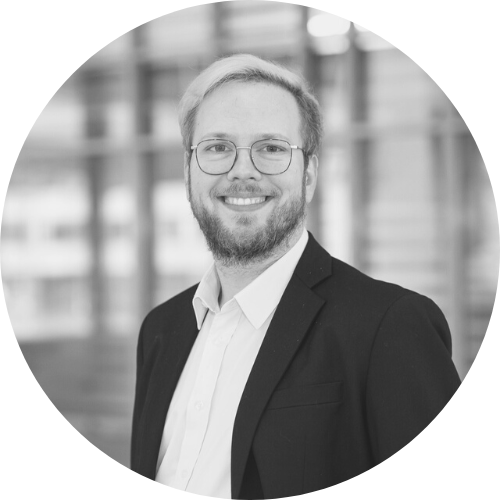
Peter Färberböck is a Senior Scientist at the Institue of Medieval and Early Modern Material Culture, where he works on the DH agendas of the institute and the projects based there.
His main research focus is on historical game studies, medievalisms and magic in digital games. Additionally, he works on projects in the field of memory culture.
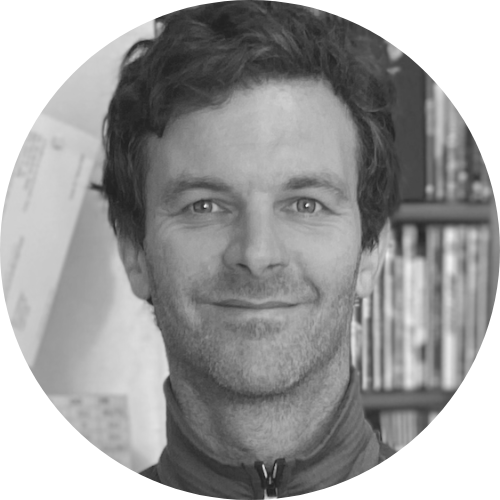
Eugen Unterberger is a project researcher at the Department of German Studies in the field of language attitude research and empirical linguistics. His experience in Digital Humanities includes primarily quantitative statistics, network analysis, survey design and data visualization using programming languages like R, LaTeX and Python.
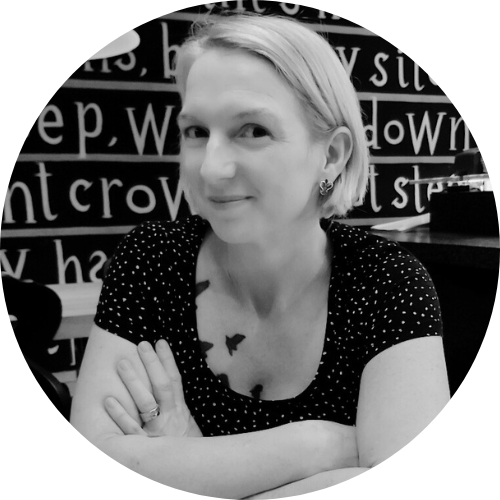
Karoline Döring is a senior scientist at the Interdisciplinary Centre for the Middle Ages and Early Modern Period at the Paris Lodron University Salzburg (PLUS). She is a trained historian and certified project manager. Her interests lie in science management with a specialisation in sustainable research infrastructures for professional research data management and high quality open access publishing. At the PLUS she coordinates the Digital Humanities activities and is engaged in science communication.
